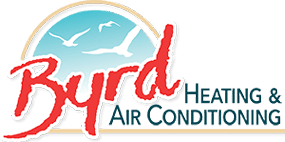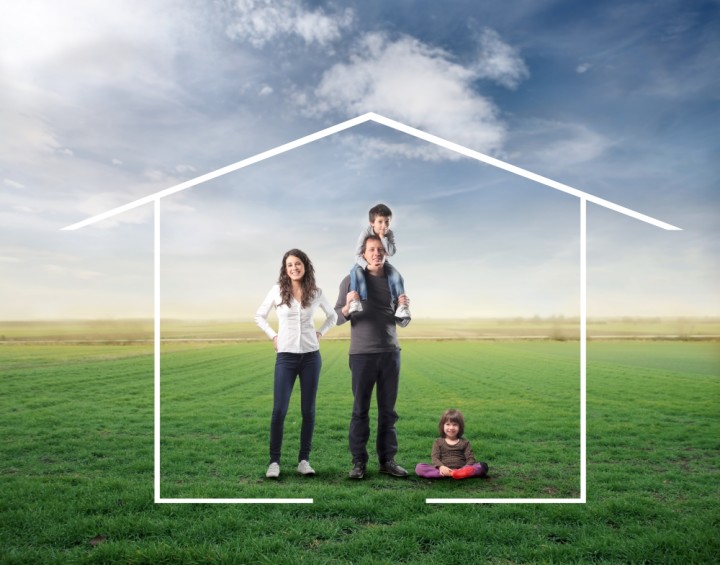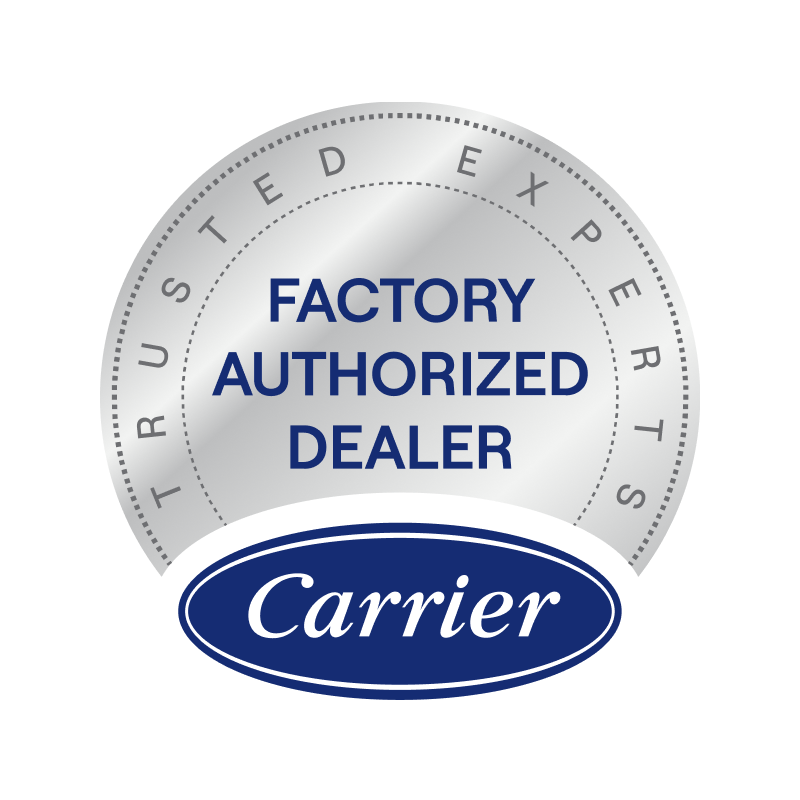Humidity is a problem in the Savannah, Georgia and Hilton Head, SC areas. Since humidity can create a favorable environment for mold, asthma sufferers may be concerned about inhaling mold spores. When looking for ways to dehumidify, consider an Energy Recovery Ventilator (ERV) as a smart, cost-effective solution. Once you understand how this device works, you’ll see why an ERV can be a valuable asset to anyone who is trying to improve indoor air quality (IAQ).
An ERV Captures Energy From Exhaust
An ERV works by capturing the air that’s exhausted from your home and using that air to create the energy needed to ventilate your house. The ERV also treats the air the device ventilates into your house, instead of letting in humid Georgia air like a fan would. Since the air is pretreated, your air conditioner and heat pump unit doesn’t have to work as hard. You’ll not only allow your HVAC system to last longer, but you’ll also promote healthy IAQ.
An ERV Dehumidifies Living Spaces
An ERV works during the heat and the cold. In warm weather, the ERV removes humidity and moisture from the fresh air entering your house. Your HVAC system alone may not be enough to lessen the humidity in your home, so it’s important you control humidity another way. Humidity breeds mold, which can be terrible for asthma sufferers. Due to the way the energy recovery wheel inside the ventilator works, the air coming inside your house becomes cooled as that air passes through the ventilator.
Ozone Releases Are Not Products of ERV Use
Sometimes, air purifiers release ozone, which kills microbial organisms. Ozone, however, can also exacerbate asthma symptoms. With its passive method of cleaning the air, an ERV doesn’t use ions or ozone. With an ERV, the air you breathe becomes cleaner and safer for an asthma sufferer.
The ERV takes pressure off your HVAC system and dehumidifies your air. Together, these activities add up to better IAQ and less difficulty for your family members with asthma. Learn more about ERVs and how they relate to your HVAC system by calling Byrd Heating and Air Conditioning at 912-373-8447.
Image provided by Shutterstock


